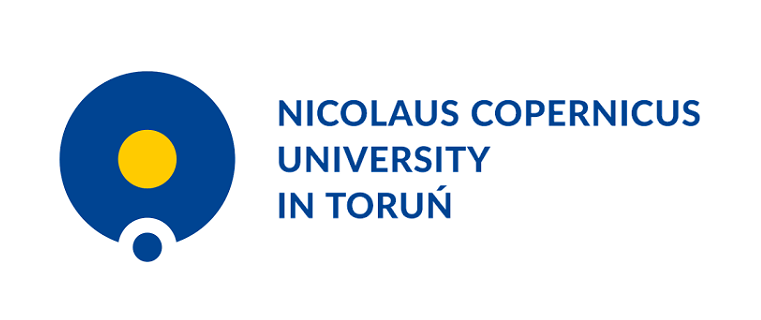
A New Zealand perspective on ecology
The Institute of Psychology at UMK invites you to a guest lecture by Professor Taciano Milfonta from the University of Waikato in New Zealand.
The talk will take place on 3 June at 5 p.m. in the Institute's building at 39 Gagarin Street in room 103. The topic of the lecture is: 'Tracking environmentalism through time: Insights from the New Zealand Attitudes and Values Study.'
Prof Taciano Milfont is head of the Environmental Psychology Lab at the University of Waikato (New Zealand). His output includes publications in top journals in social and environmental psychology (h-index = 83, total citations = 28,212). He has served as co-lead editor for the Journal of Environmental Psychology and Environment and Behavior, is a founding member of the Association for Psychological Science and the Society for Personality and Social Psychology, and participated in the American Psychological Association's 2022 Climate Change Task Force. He is currently a visiting professor at Nicolaus Copernicus University, where he conducts research in environmental psychology in collaboration with Dr Adrian Wójcik, Professor at UMK.
Abstract: The New Zealand Attitudes and Values Study (NZAVS) is an ongoing 20-year longitudinal panel study of over 70,000 New Zealanders. Led by Professor Chris Sibley at the University of Auckland, the NZAVS began in 2009 and has produced more than 300 peer-reviewed publications. It provides extensive insights into societal trends and informs both academic research and public policy by tracking social, political, religious, health, and psychological variables over time. In this talk, I will provide an overview of NZAVS publications documenting changes in environmentalism among New Zealanders. This research has examined trajectories of climate change beliefs over time, socio-psychological predictors of pro-environmental attitudes and behaviours, links between support for human rights and environmentalism, Indigenous (Māori) perspectives on intrinsic connections with nature, and the ‘clean and green’ national identity in New Zealand. These findings highlight the value of longitudinal research in advancing environmental psychology and fostering broad public support for environmental protection.
all events NCU News
NCU News




